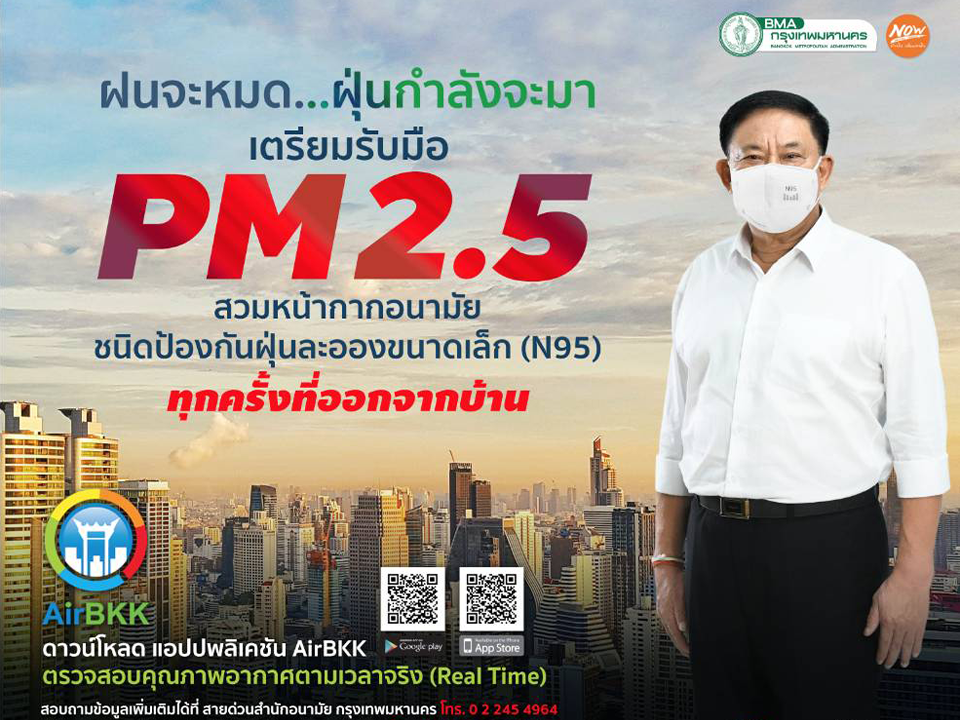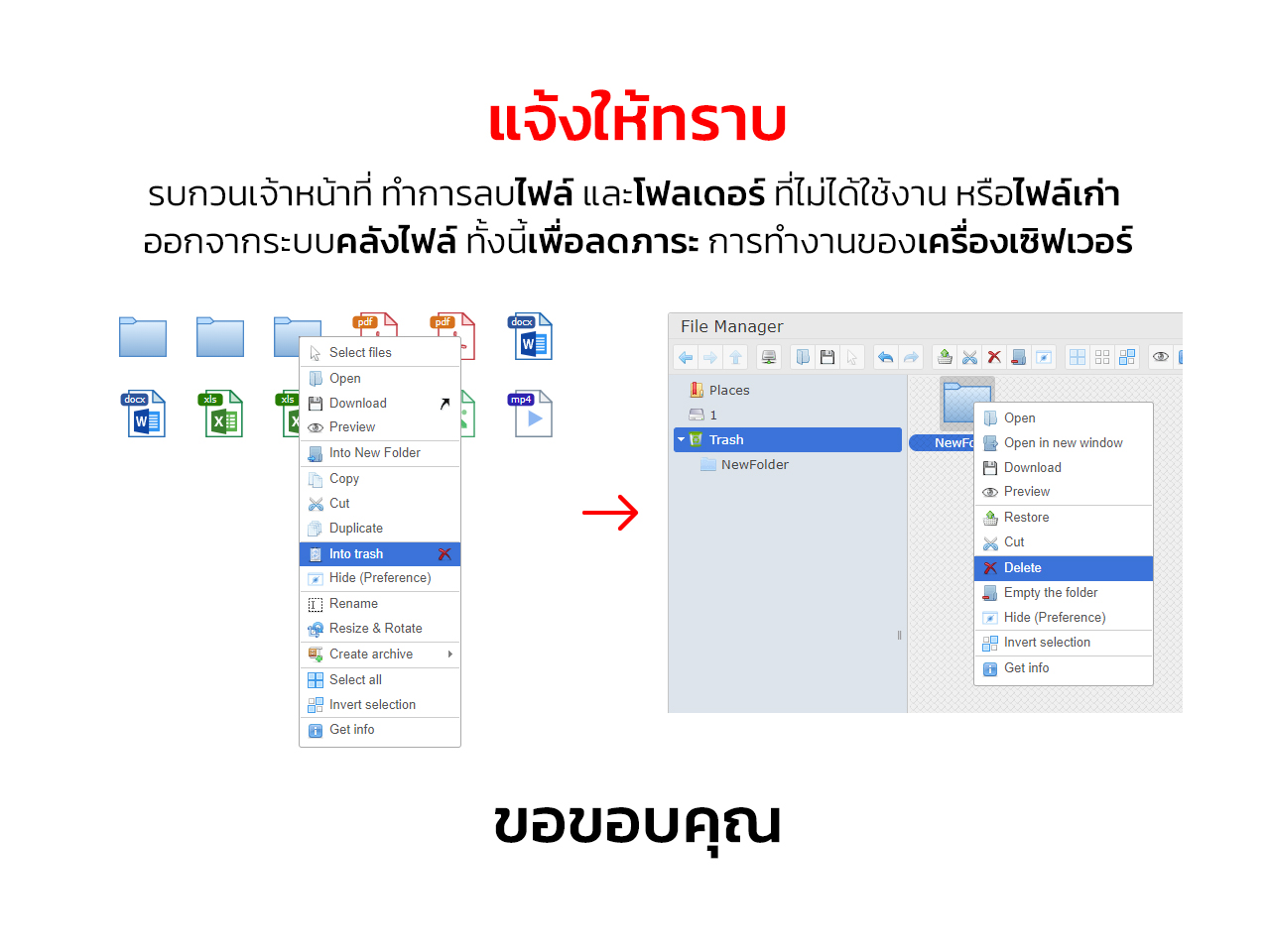BANGKOK AND MELBOURNE COLLABORATE ON LIVEABILITY AND RESILIENCE


How can we incorporate liveability and urban resilience into future city development? That’s what 22 Bangkok city leaders gathered in Melbourne for two weeks of knowledge sharing with 19 Victorian organisations set to find out.
When the leading officials from the capital of Thailand’s government, the Bangkok Metropolitan Administration (BMA), embarked on a two-week packed capacity development program in Melbourne, Australia, they had a variety of perspectives on what it takes to make cities liveable and resilient.
Learning about liveability and resilience in Melbourne was certainly a local experience. The customised program, that ran from the 29th of May until 9th of June 2017, included workshops from Victorian state and city governments, Cities ProgrammeUrban Scholars, Victorian Universities, Non Government Organisations and the private sector.
The “BMA Urban Liveability and Resilience program” was coordinated by Julia Laidlaw for the UN Global Compact – Cities Programme in partnership with Victoria Chandra of AECOM and RMIT University. From the inception the training had the full attention of delegates and partner organisations and also generated great local interest and media coverage with SBS Radio interviewing a number of the Thai delegates.
UN Global Compact – Cities Programme Chair, Michael Nolan explained the thinking behind this first of its kind program:

Our Chair Michael Nolan and Deputy Director Elizabeth Ryan on the first day of the BMA training
“Having Bangkok government and local experts from government, civil society and the private sector coming together to exchange knowledge and innovative strategies to tackle urban challenges is an immense opportunity for both cities to learn from each other and for us to support Bangkok developing tools and strategies to turn challenges into opportunities.”
And together they came. A remarkable cross-sectoral collaboration of 19 organisations from across the state warmly welcomed the Bangkok Metropolitan Administration leaders. Customised seminars, workshops and daily site visits were delivered for the city leaders over the two-week program.
Sharing their expertise and experience from city planning through to cultural development were: four Victorian government departments – Education, Health, Transport & Premier and Cabinet – four city governments – Melbourne, Cardinia, Brimbank and Wyndham – Emergency Management Victoria and the State Emergency Services (EMA & SES), AECOM, Resilient Melbourne, City West Water, RMIT, Deakin and Melbourne Universities, the Cultural Development Network, Northeast Health, Victoria Police, The Nature Conservancy and Neometro developers.
Welcoming the delegation to Melbourne on the Thursday night social event, RMIT Deputy Vice-Chancellor Research and Innovation and Vice-President Professor Calum Drummond said he was pleased to see so many of RMIT specialist researchers developing and delivering seminars for the program.
“At RMIT we are well known for working in partnership – in cross disciplinary teams, with business and government and not for profit organisations,” he said.
“We proudly host the UN Global Compact – Cities Programme who as an international United Nations program are like a global facilitator for RMIT – connecting the university, and our academics and students, with partners in cities, universities and other sectors to deliver research and capacity development that create better cities. We look forward to a long and strong ongoing partnership with the city of Bangkok.”
The highest ranking BMA officer in the delegation, Deputy Director-General of Strategy and Evaluation, Mr Seerawsankhan Pathan, was optimistic about the training leading to opportunities for a more resilient and liveable Bangkok:
“This program exceeded expectations of the 22 BMA delegates here, who come from multiple departments, in providing the opportunity for learning and sharing new ideas on how to view the challenges facing our city and develop innovative solutions to address them.”

Deputy Director-General of Strategy and Evaluation, Mr Seerawsankhan Pathan

Professor Calum Drummond, RMIT Deputy Vice-Chancellor Research and Innovation and Vice-President with Mr Seerawsankhan Pathan
The delegation included representatives from the Departments of: Human Resources; Policy and Planning; Fire and Rescue, Health & Environment; Public Works Engineering; as well as the Deputy Director-Generals of Strategy and Evaluation Department; Health Departments and the Director of Public Health and Environment Strategy.
Melbourne and Bangkok share resilience challenges
It fell on Resilient Melbourne’s shoulders to kick off day one of the training sessions, on 29 May, and the conversation around resilience and liveability by introducing delegates to Melbourne’s Resilience Strategy.

Maree Grenfell, from Resilient Melbourne
Melbourne, often cited as one of the world’s most liveable cities, is also facing urbanisation issues stemming from population growth, transport and infrastructure and economic shifts.
Tackling those challenges whilst also improving urban resilience is no easy task as Maree Grenfell, from Resilient Melbourne explained in her presentation focused on the learnings derived from the ongoing implementation of Melbourne’s Resilient Strategy (developed under the Rockefeller 100 Resilient Cities (100RC) initiative).

Bangkok Chief Resilience Officer, Dr Supachai Tantikom presenting on the Bangkok Resilience Strategy.
Bangkok’s own quest to improve resilience is documented in its recently released 100 RC Bangkok Resilience Strategy. An overview of the strategy was presented to the delegation by Bangkok Chief Resilience Officer, Dr Supachai Tantikom while at the Resilient Melbourne office. Dr Superchai was travelling with the BMA delegation in his capacity as Senior Advisor on Environment to the Bangkok Governor.
Challenges like ageing infrastructure, rapid population growth, vulnerability to coastal flooding and pollution coupled with an unreliable transport system and the danger of civil unrest are some of the threats facing the 10+ million metropolis.
Linking Liveability to Bangkok’s 20 year plan
Empowering Bangkok to tackle global challenges led to the BMA Urban and Resilience program being shaped around the five key components of Bangkok’s 20-year development plan: healthcare; infrastructure; culture and environment; education; and stability. An extra module was added on creative economy education at the request of delegate leaders.
During their visit to Cardinia Shire Council, Liz Johnstone from AECOM presented an introduction to Liveability theory and principles, highlighting that liveability, as a concept, is the sum of factors that add up to a community’s quality of life and spoke of the role of local governments in building Liveable Cities.
Speaking on cities’ scores on a range of liveability indices, Iain Butterworth from the Victorian Department of Health and Human Services introduced the delegation to a Collective Impact Framework for complex problems that led to a number of ideas on testing the framework in a Thai context.
The BMA Deputy General of Health, Mr Wongwat Liulak enthusiastically outlined its possible use at a neighbourhood level in Bangkok to pilot an integrated health project.
In one of the final workshops, Melanie Davernport and Hannah Badland from RMIT University delivered a training module to delegates on the application of the Liveability Framework in Bangkok.
The two week training also provided an opportunity for the delegates to experience first hand different models for community led, multi partner urban development and transformation projects. These included the Greening the Pipeline project – experienced in a visit to Wyndham – and a community building art project in one of the newest Melbourne suburbs located in Cardinia Shire.
Delegates reported that the time with Cardinia Shire staff and councillors was one of the highlights of the program. A long ongoing relationship is predicted.
During the two weeks delegates undertook workshops that developed skills and understanding in spatial mapping, disaster preparedness planning, metro planning and the significance of culture in strategic planning frameworks (amongst others), the BMA also explored innovative solutions like ‘the 20 minute city’, placemaking and the importance of biodiversity-sensitive urban design. Financing mechanisms for urban sustainability initiatives was a regular point of conversation and the cultivation of public-private partnerships (PPP’s).
Applying the new knowledge in Bangkok
 Setting the context for moving forward, UN Global Compact – Cities Programme Chair, Michael Nolan, provided examples of innovative public-private partnerships in his presentation on the final days of the program. Michael outlined the partnered projects pathway model employed in our work with cities, the cross-sectoral model’s contribution to city led sustainable urban development projects in contexts across the world and how the model can be applied in a range of contexts.
Setting the context for moving forward, UN Global Compact – Cities Programme Chair, Michael Nolan, provided examples of innovative public-private partnerships in his presentation on the final days of the program. Michael outlined the partnered projects pathway model employed in our work with cities, the cross-sectoral model’s contribution to city led sustainable urban development projects in contexts across the world and how the model can be applied in a range of contexts.
The final day gave delegates the centre stage. They shared new thinking and inspiration for potential projects and new approaches to improve Bangkok’s liveability and resilience with reference to what they had learned during their two weeks in Melbourne
For their final presentations the BMA self selected into 3 groups and gave presentations on the following topics:
- Creative economy – Supporting a local community of creative start-ups to strengthen the success of their businesses
- Health, wellbeing and environment – piloting an integrated approach to application of Liveability Framework in Bangkok in one trial site
- Human resources and development – recognising the potential role of the BMA as facilitators for community led change and their role in regulating laws that benefit the general public programs that support liveability in Bangkok.
The delegates also identified a number of broader strategies required to advance Bangkok’s liveability and resilience. These included: increasing mechanisms to enhance community engagement and education; increasing research and community surveys to inform and create evidence based policies; and strengthening the amount and quality of baseline data. A need for integrated planning was recognised and the need to find a balance between top down and bottom up policy development.
Questions on how to engage support from the private sector was a key feature of discussions as was increasing the number of Public Private Partnership (PPP) projects – and developing strategies to enable them. The need to strengthen partnerships within BMA and with external partners was recognised.
This sentiment was well captured by Mr Seerawsankhan Pathan who hopes that the cross-departmental and cross-sector cooperation in Melbourne will lead to a deeper intradepartmental understanding and an ongoing strong collaborative relationship that can be replicated at the local level.
“We have 50 districts in Bangkok and we need cooperation between them to deliver strategies to make Bangkok more resilient and to deliver a better quality of life”.
Many delegates expressed keen interest in an ongoing relationship between Melbourne and Bangkok. Further research and exchange strategies were a point of discussion with a number of exciting projects in the pipeline.
Achieving resilient and liveable cities is a challenge shared by all but one that only can only be achieved through partnerships. We welcome this new collaborative relationship with the Bangkok Metropolitan Administration. We thank delegates for their enthusiastic and insightful participation and look forward to our future work together with great excitement and optimism.

For photo highlights visit our Urban Liveability and Resilience gallery
This report was developed by Julia Laidlaw, Co-Coordinator of the BMA Urban Resilience and Liveability program and Catia Nunes, Senior Communications Officer, UN Global Compact – Cities Programme. A big thank you is offered to the other program Co-Coordinator, Victoria Chandra from AECOM and the rest of the AECOM team and also to Kornsupha Nitvimol from the Bangkok Metropolitan Administration for months of liaison, coordination and preparation.

.jpg)

